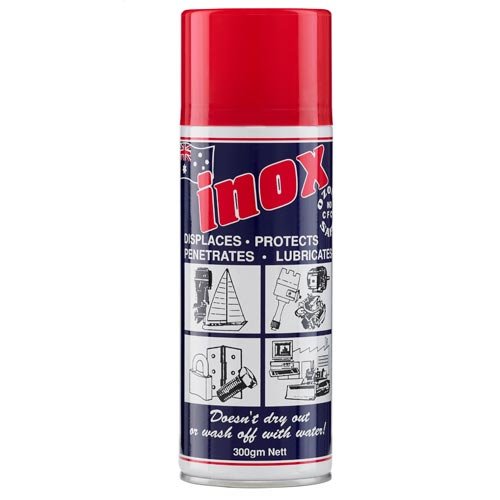RonBoyd
Give me a museum and I'll fill it. (Picasso) Give me a forum ...
I have turned to "Strike Hold" (https://www.strikehold.com/) as an alternative to WD-40... it doesn't evaporate (well, as fast).
https://www.amazon.com/s?k=strike+h...465055&tag=googhydr-20&ref=pd_sl_5lzgsukh34_bStrikehold® is a fast-acting, penetrating compound that cuts through dirt, rust and corrosion, quickly getting into metal parts that have become frozen or encrusted. Strikehold® provides a long-lasting dry lubricant, which reduces friction. Helps dry out wet electrical gears and other water-sensitive parts, and will actually improve electrical performance by cleaning and protecting contacts and internal parts including circuitry and connections. Strikehold® protects by providing a shield-like film against the effects of moisture and corrosion, even against saltwater, while repelling sand, dirt and dust.


